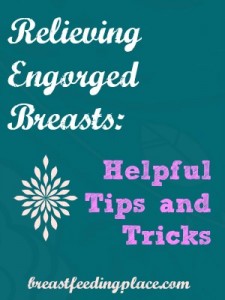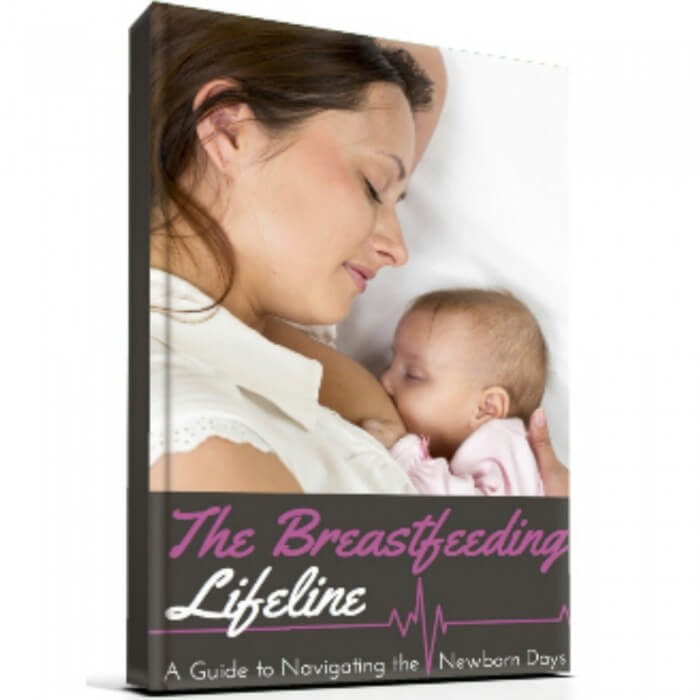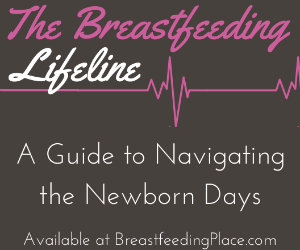 Every mother who has ever nursed a child knows how uncomfortable or even downright painful engorged breasts can be. You’re swollen, sensitive to the touch, and just aching to find a way to release the pressure. Relieving engorged breasts is top priority because if you do not or cannot do it, you could open the gateway to various infections.
Every mother who has ever nursed a child knows how uncomfortable or even downright painful engorged breasts can be. You’re swollen, sensitive to the touch, and just aching to find a way to release the pressure. Relieving engorged breasts is top priority because if you do not or cannot do it, you could open the gateway to various infections.
What are Engorged Breasts?
Engorged breasts feel hard, tender to the touch, swollen, and possibly give a throbbing sensation. They feel extremely heavy and the engorgement can even extend into the armpit area. It is typically caused when a mother’s milk comes in a few days after giving birth. The body produces a great quantity at first until baby’s nursing pattern is established and the supply regulates.
Engorgement can also be caused by weaning suddenly, skipping feedings, or clogged milk ducts. A woman’s breasts can swell several sizes during this time and be extremely uncomfortable, even painful. Engorgement can even make it difficult for baby to latch properly during feedings.
Helpful Tips and Tricks for Relieving Engorged Breasts
- Hand express some milk prior to feeding your baby. This will relieve some of the pressure.
- While your baby is nursing, gently massage your breast to encourage milk to flow.
- Stand in a warm shower. Moist heat encourages milk flow. Lean forward and allow breasts to drip until they stop on their own.
- Wear a supportive bra, but not one that fits too tight. Avoid underwires.
- Nurse your baby as much as possible. Make sure they get a full feeding on one breast before switching sides.
- Apply cold compresses between feedings.
- Don’t skip feedings.
- Make sure that your baby has a proper latch.
- Have baby feed using various positions to help drain the milk ducts all over your breasts better.
- Nurse skin to skin to encourage suckling.
- If you must, pump. But only enough to relieve the pressure. Pumping too much will stimulate your breasts to produce more milk. (Find tips on pumping breast milk here.)
When is it More Than Engorgement?
If you experience any of the following symptoms, get to your doctor as soon as possible:
- Breasts feel warm to the touch
- You are experiencing redness on your breasts
- You are feeling pain or burning while nursing
- You have a fever
- You are experiencing flu-like symptoms.
These symptoms could mean that you have mastitis, an inflammation of the breast that can lead to infection or abscess if not treated promptly and properly. (You can read all about the signs, symptoms and treatments for mastitis here!)
Breast engorgement is common amongst breastfeeding mothers. It is uncomfortable, but can be eased with many of these tips and tricks. If you follow these guidelines, you should feel some relief until the engorgement period is over (typically after a few days).






[…] notice a difference. After only a few days of taking the supplement, I started to experience engorgement because of the drastic increase in my milk production! I can only imagine the difference a woman […]